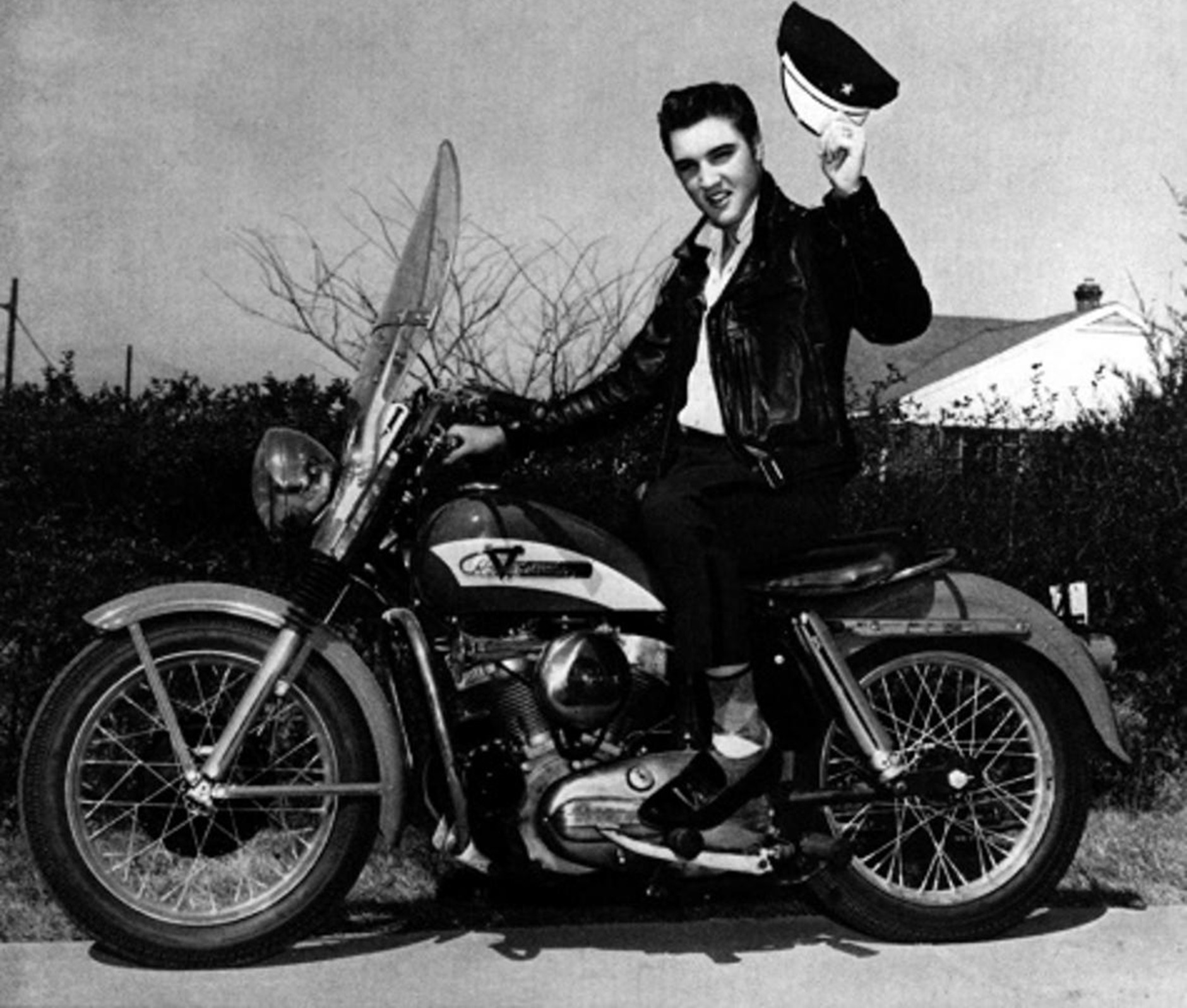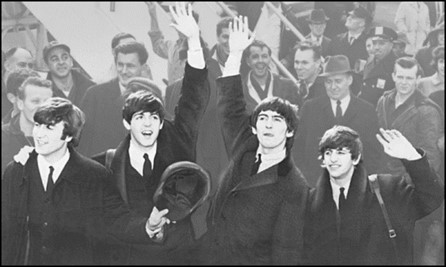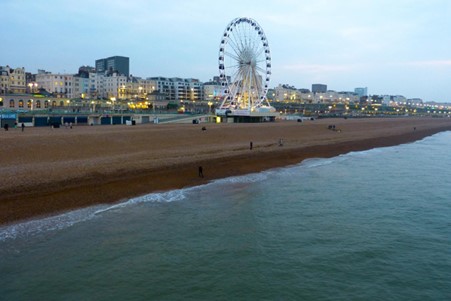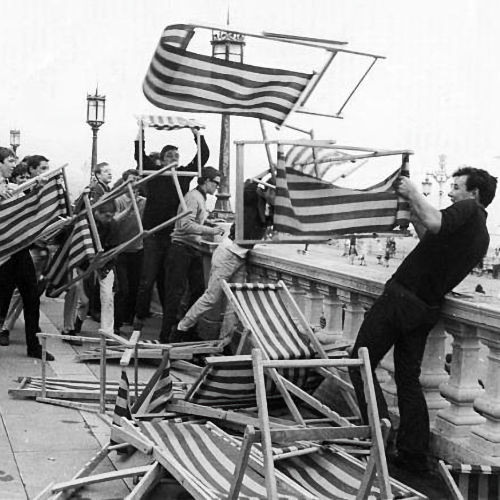Are you a Mod or a Rocker?
Posted by Millie Fuller on 11th Jul 2022
Mods and Rockers were two British adolescent subcultures who clashed in the early to mid 1960s. During this period, riots between Mods and Rockers broke out in seaside resort towns in Southern England, causing moral outrage among the British public. The Rockers were bikers who wore black leather jackets and other motorcycle-related attire. The Mods rode scooters and dressed in suits and neat clothing. The two subcultures had receded from public view by the late 1960s, and media emphasis had shifted to two new developing young subcultures: hippies and skinheads. The Mods and Rockers, both with British working-class roots, dominated pop culture for a brief period between 1963 and 1966, and it was within this cultural framework that the sounds of the British Music Invasion emerged. World fashion and cultural trends were invented.
Rocker men rode Triumph motorbikes and sported black leather jackets, jeans, t-shirts, and heavy boots. Female rockers wore similar outfits, with some opting for tight black Capri pants, stiletto heels, and beehive hairstyles. They were inspired by Elvis Presley and the American motorbike culture of the 1950s. While driving Vespas and Lambrettas, Mod guys wore suits, 'drainpipe' pants, pointy shoes, and whatever they thought was the current trend.

'Sassoon' haircuts, such as the 'bob,' short, colourful outfits, preferably 'Mary Quant,' and 'go go' boots were also popular among Mod girls. The Rockers perceived the Mods as weedy, effeminate snobs, while the Mods saw the Rockers as out of touch, oafish, and filthy. There wasn't much in common musically. Mods preferred 1960s ska music, soul, and R&B, as well as British bands such as The Who, The Yardbirds, and The Kinks. Rockers preferred 1950s rock and roll, mostly by Elvis Presley, Eddie Cochran, and Gene Vincent.
When you look at the evolution of the Beatles, the greatest rock band of all time, you can see the influence of both Rocker and Mod culture. The Beatles imitated and looked like rockers in their early days, having their hair combed in a rocker's style, and they maintained this image while performing in Hamburg when they first began to gain popularity. They were, however, wearing Mod outfits and sporting their famous ‘mop head' haircuts when they appeared on the Ed Sullivan Show on February 9, 1964.

By 1967, the Beatles had grown their hair long and were living a 'hippie' lifestyle while recording their legendary albums "Sergeant Pepper's Lonely Hearts Club Band" and "Abbey Road," and the Rockers and Mods had become largely symbolic of the past. During that brief era in the early 1960s, however, a slew of fashion fads evolved, and British bands recorded some of the best music ever composed, some of which remains iconic to this day.
Rockers and Mods were frequently involved in brawls in the United Kingdom. Mods and Rockers were jailed after rioting in coastal resort towns in Southern England, such as Margate, Brighton, Bournemouth, and Clacton, according to BBC News articles from May 1964.
During the Easter weekend of 1964, the confrontation came to a head in Clacton. The second round was held on the south coast of England, where Londoners have flocked to coastal resorts over the Bank Holidays since the 18th century. Thousands of Mods descended on Margate, Broadstairs, and Brighton over the Whitsun weekend (18th and 19th May 1964), only to discover that an unusually large number of Rockers had made the same holiday plans. Within a short period of time, roaming groups of Mods and Rockers were openly fighting, frequently with deckchairs as weapons.
The Mods and Rockers' worst fighting took place in Brighton, where clashes lasted two days and spread along the coast to Hastings and back, earning it the moniker "Second Battle of Hastings."
A small group of Rockers were stranded on Brighton Beach, where they were protected by the police. Mods overpowered and assaulted the police officers who had been protecting them. The situation eventually calmed down, and a judge slapped severe fines on those jailed, referring to them as "sawdust Caesars."

When the media ran out of real fights to report, they began to use deceptive titles, such as adding the subheading "Violence" even when the item did not mention any violence. Mods and Rockers were also associated with many social issues such as teen pregnancy, contraception, amphetamines, and violence, according to newspaper writers.
Soon after, youth culture transitioned into hippie culture, and the press' preoccupation with Mods and Rockers shifted to 'peace and love' and psychedelics.
Between 1963 and 1966, British working-class kids known as Mods and Rockers ruled pop culture for a brief and glorious period. It was an incredible time to be young and to be a part of a cultural and musical revolution.
Credit to Millie Fuller: https://www.linkedin.com/in/millie-fuller-07927a239/


